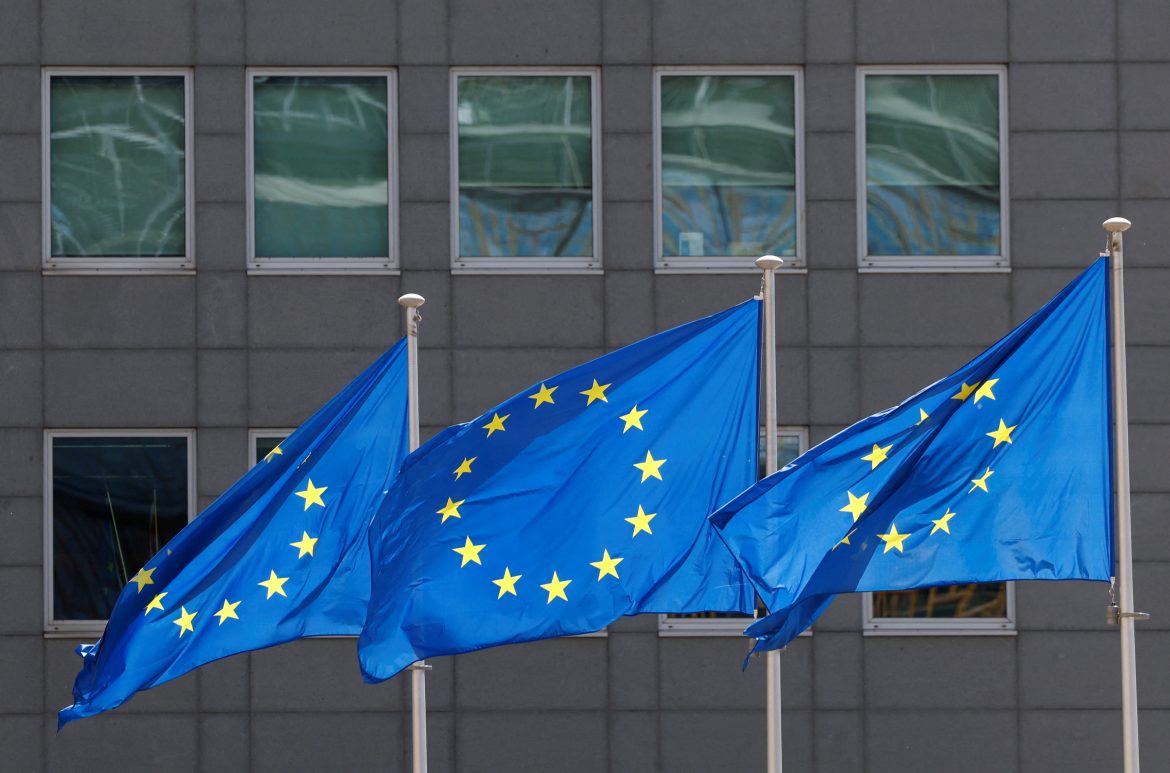Despite resistance from countries including Italy against the EU rules to renovate millions of European buildings to cut emissions and save energy, the European Parliament’s energy committee has given a green light for the rules to take effect.
In a move that also aims to see depend less on Russian gas and curb households’ bills, the EU is negotiating rules to upgrade buildings to use less energy as buildings account for roughly 40% of the European Union’s energy use, and most are heated by fossil fuels.
The parliamentary committee voted for rules that would require all EU buildings with a “G” energy performance certificate – representing the worst-performing 15% per country – and the next-worst F rating to be renovated this decade.
Read also: South Africa invokes disaster law to address energy crisis
With these rules, EU countries would need to renovate non-residential buildings to an E grade by 2027, and D by 2030 and residential buildings would follow later deadlines of E by 2030 and D by 2033 in a move that would require millions of buildings to be upgraded using methods such as insulation or efficient heating systems.
“This is also a growth strategy for Europe that will deliver hundreds of thousands of good quality, local jobs in the construction, renovation, and renewable industries,” said Ciarán Cuffe, a lead lawmaker on the rules.
However, the rule won’t take effect yet as the full EU Parliament will meet to vote on it in March, before negotiating the final law with EU countries.
Lawmakers expressed support for the rules despite resistance in countries including Italy, which wants to delay and offer exemptions to renovations it says neither the government nor homeowners can afford.
Although the lawmakers approved a more ambitious timeline than the one originally proposed by the European Commission, some campaigners say that they are concerned that some loopholes could exempt more than 20% of inefficient residential buildings until 2037, albeit they believe if delivered, it could curb Europe’s gas use.
Story was adapted from Reuters.
